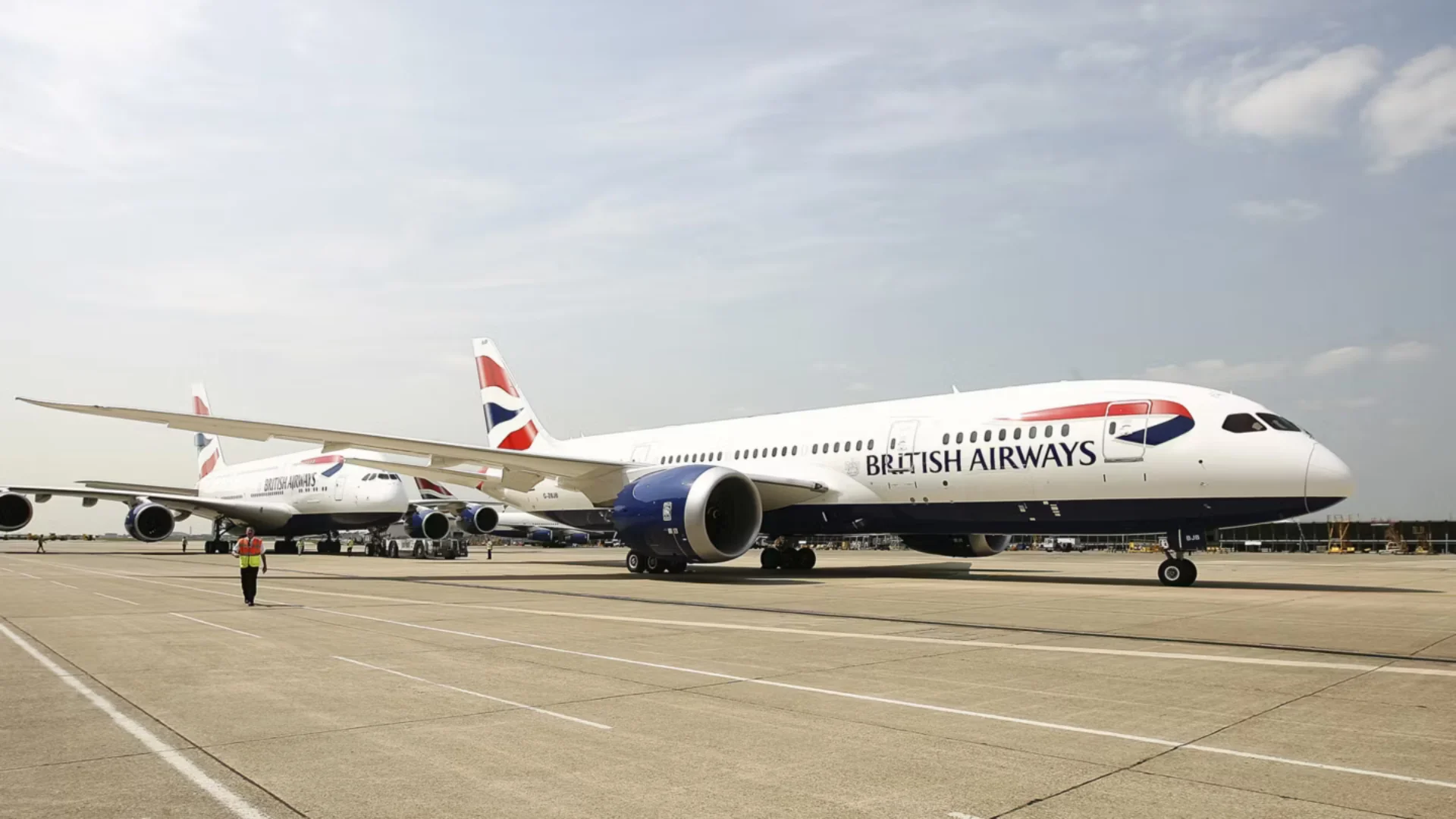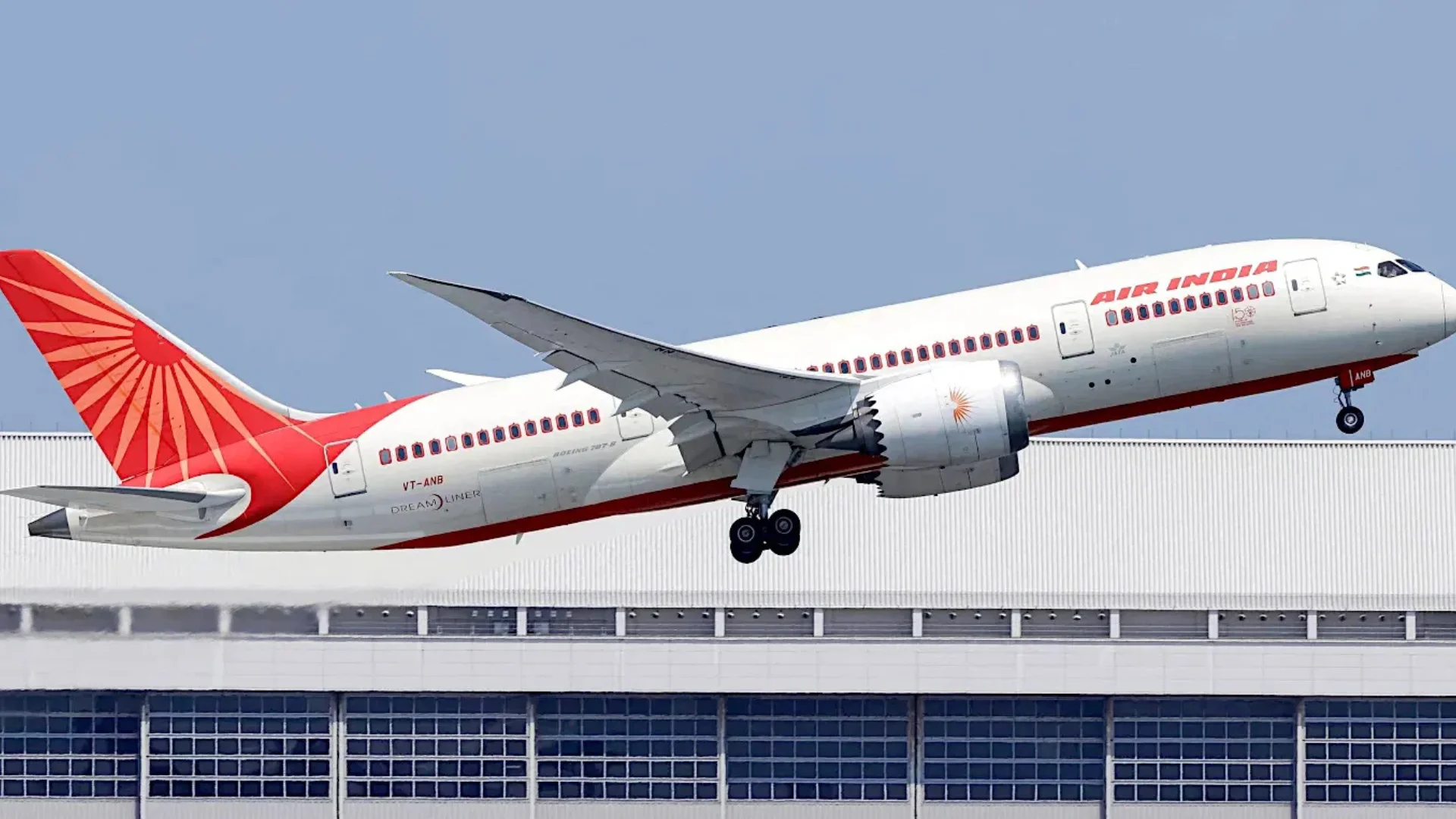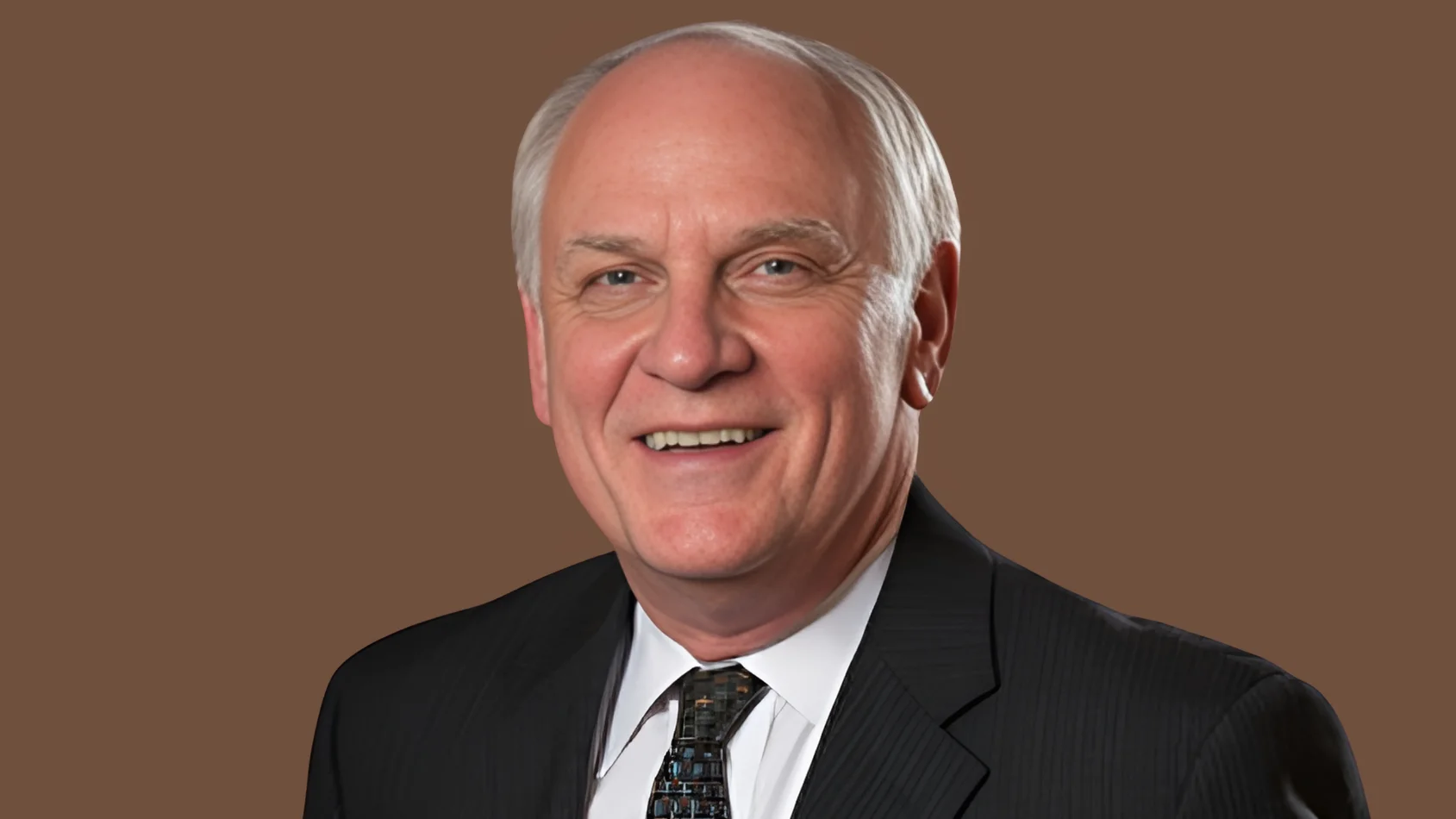When flying, passengers are the airline's customers, not the airport's. Airports often do not know individual passengers but view them as products. Their real clients are airlines and local politicians. This perspective influences decisions such as the removal of moving walkways at airports like Dallas-Fort Worth and Chicago O'Hare to encourage shopping rather than convenience.
Both airports and airlines benefit from retail sales revenue, incentivizing them to promote shopping. Terminal renovations are frequently funded by selling income streams to private developers who favor high-end shops for their higher transaction values.
Despite appearances, luxury brands like Louis Vuitton, Chanel, and Cartier have a presence in airports worldwide. Tyler from Kenji Capital tweeted on June 22, 2024: "Are people really buying Gucci, Hermes, and luxury goods at the airport? San Francisco International pic.twitter.com/QlTl0mG8LO."
 Alerts Sign-up
Alerts Sign-up







